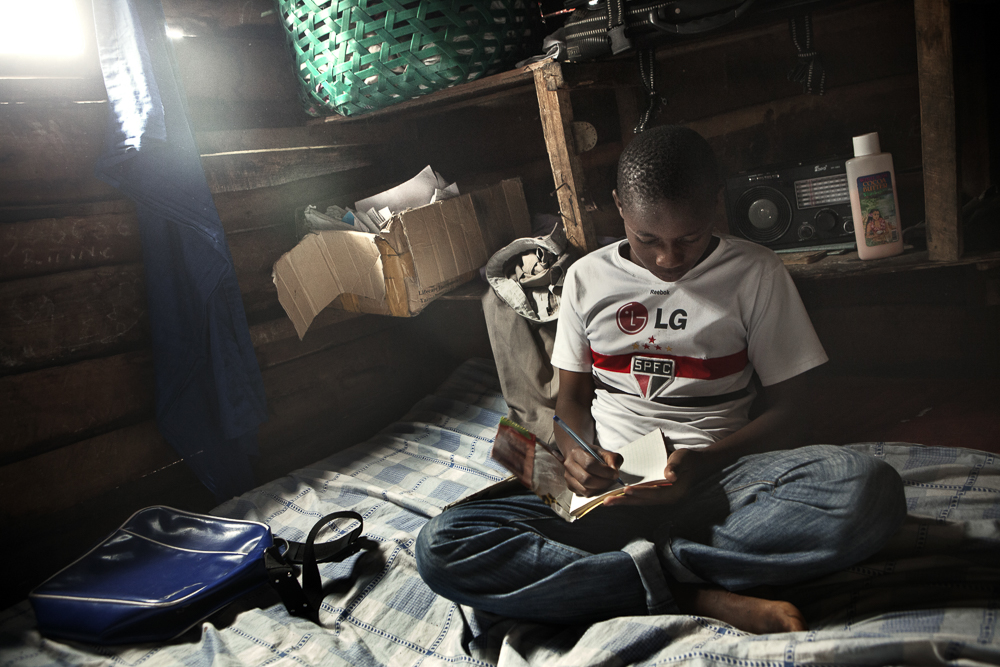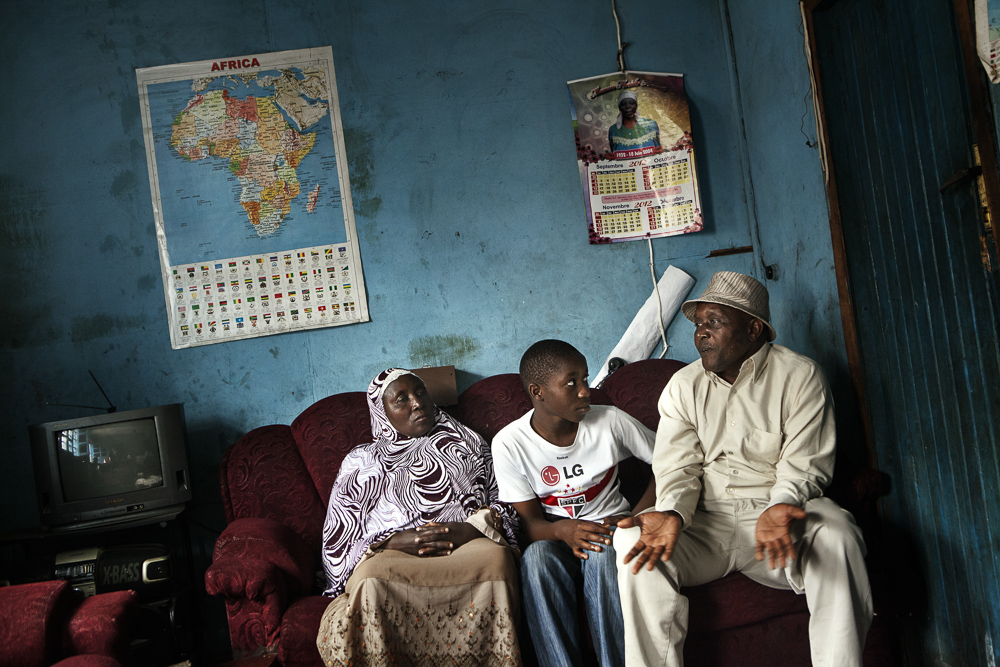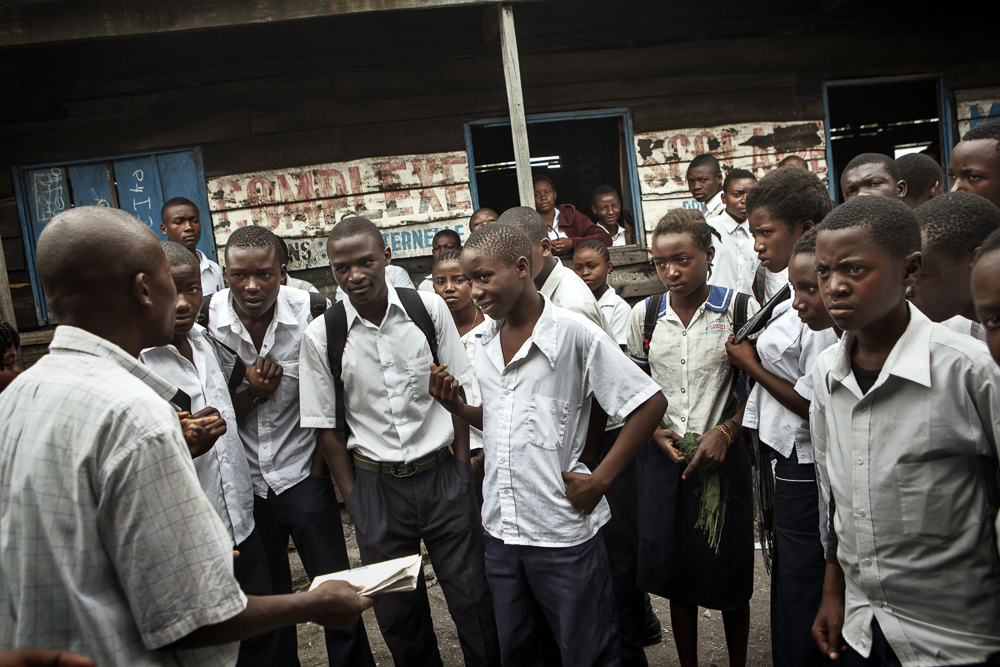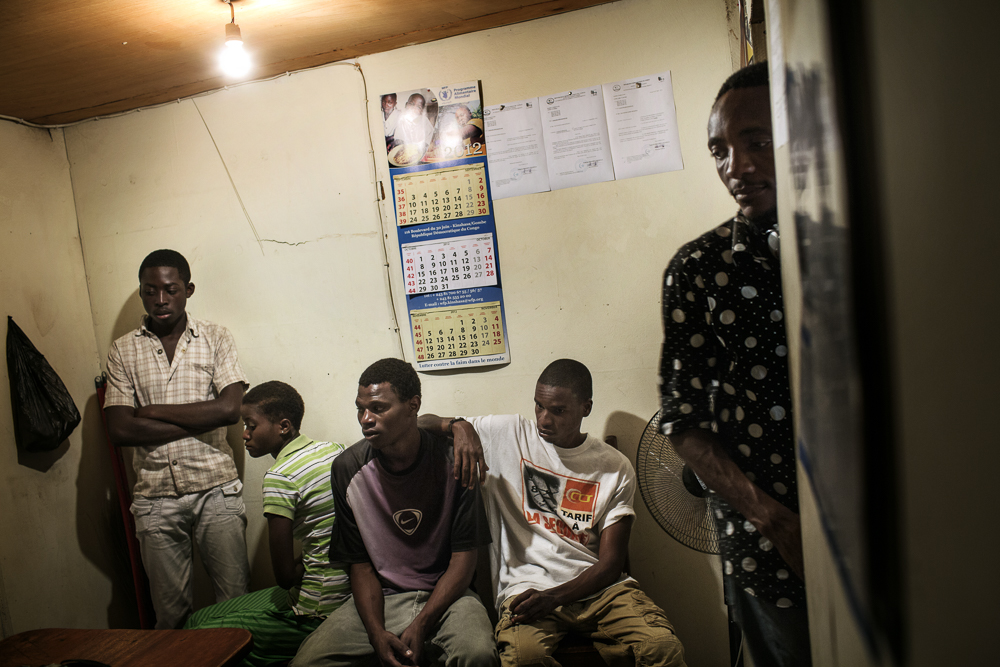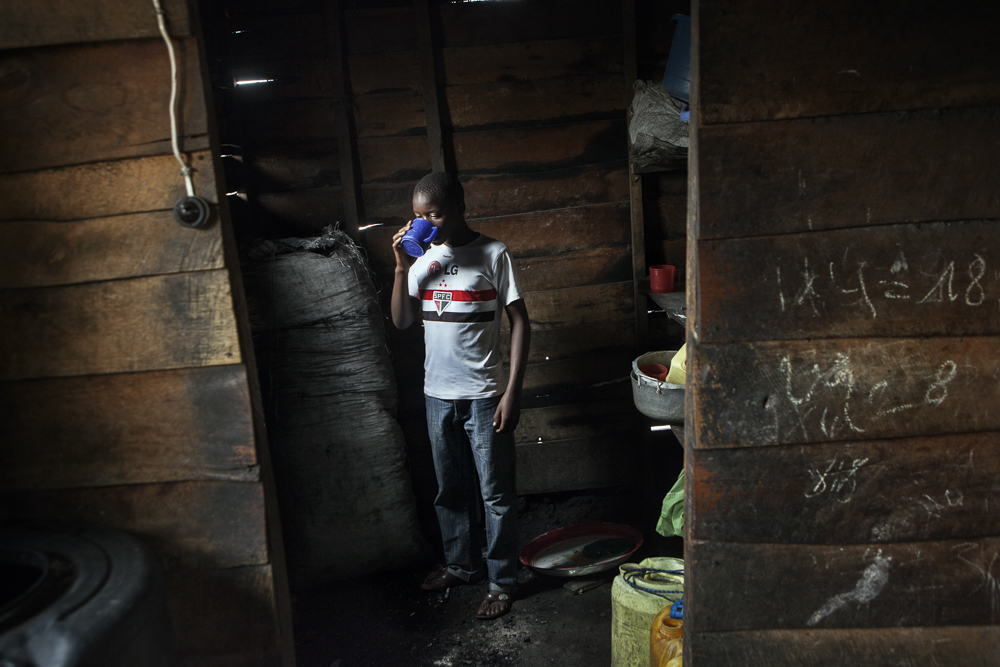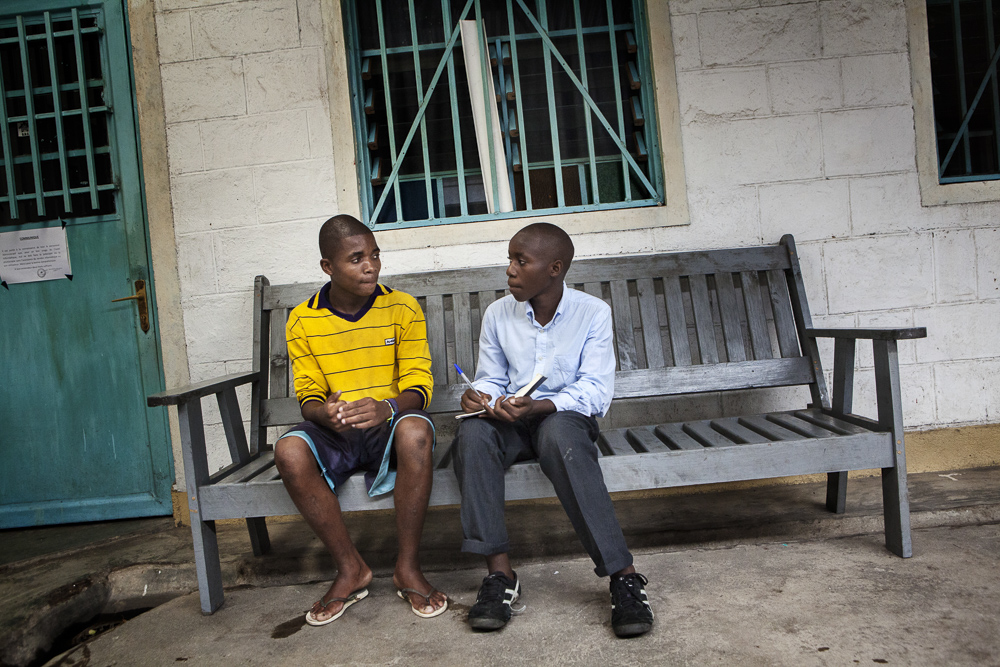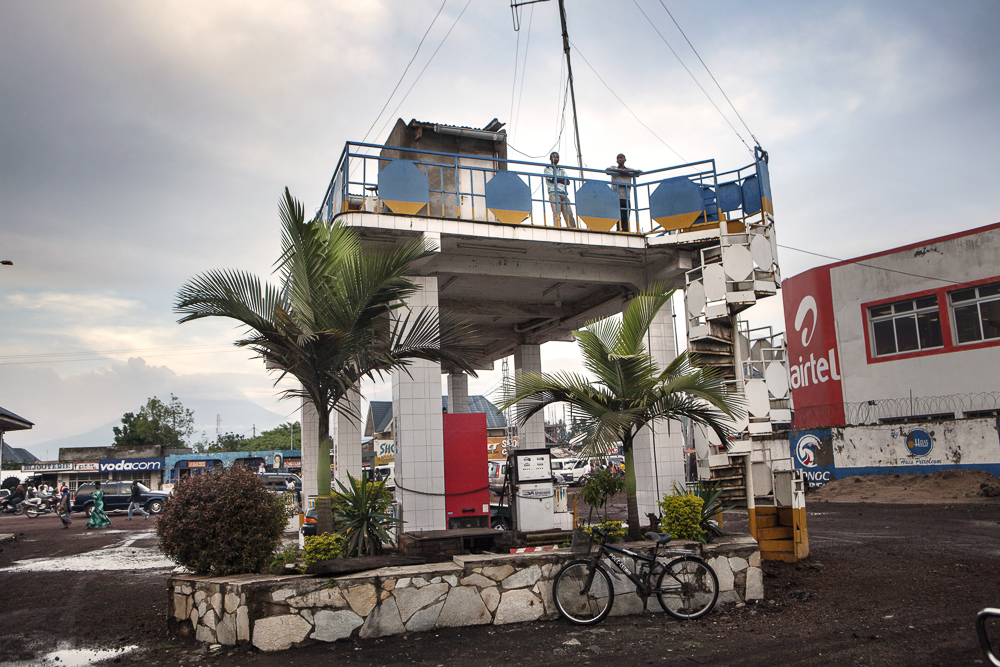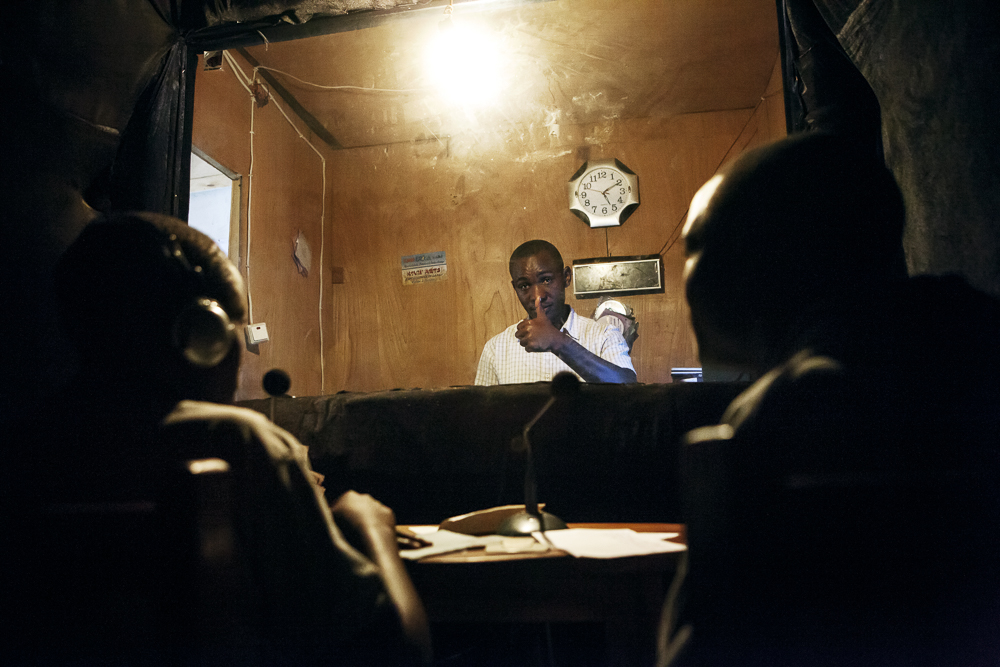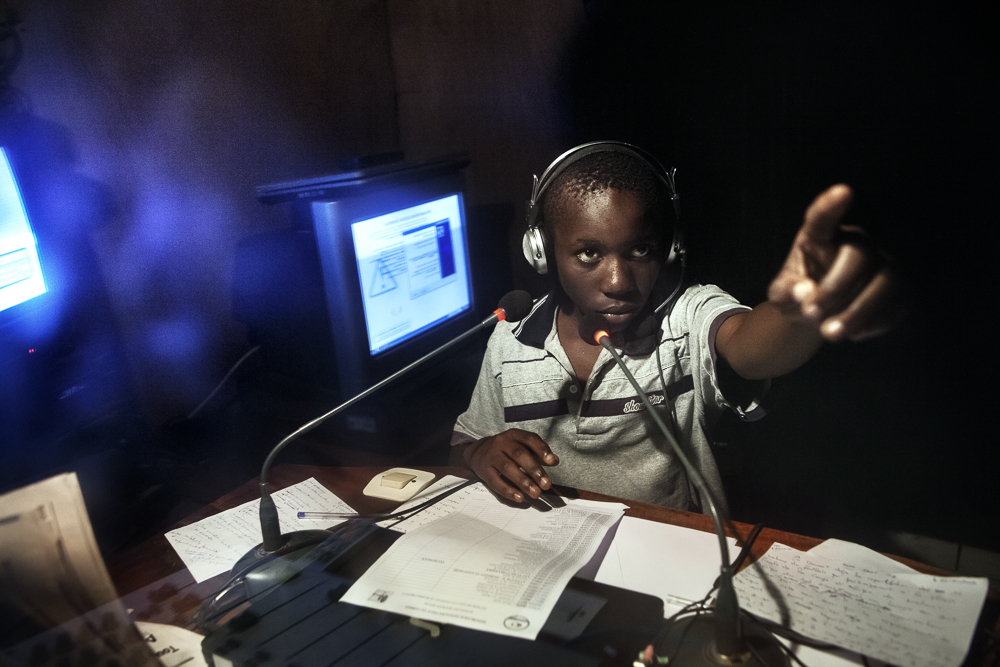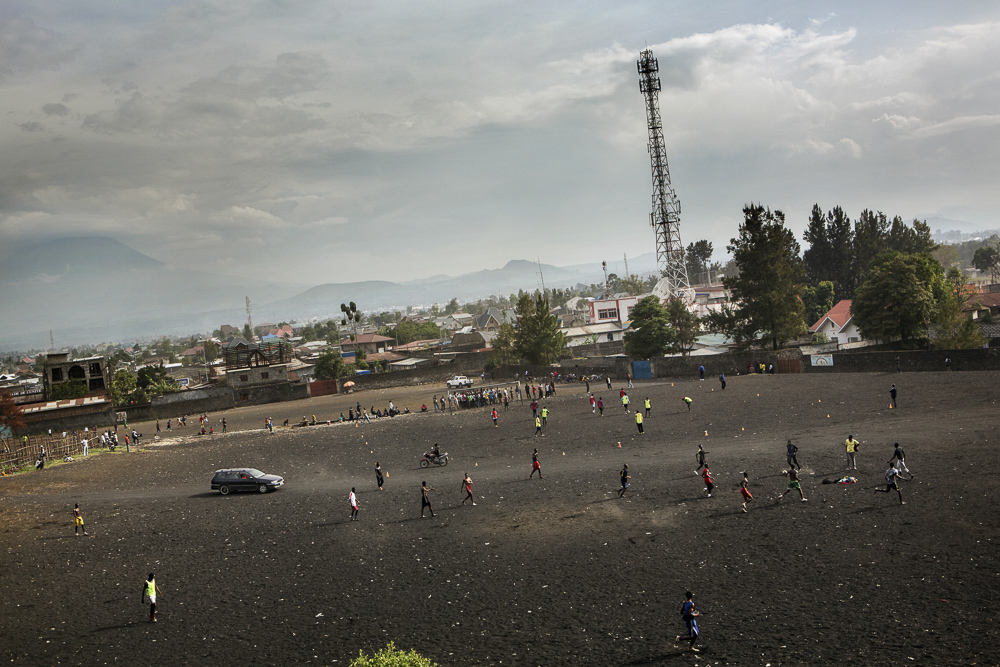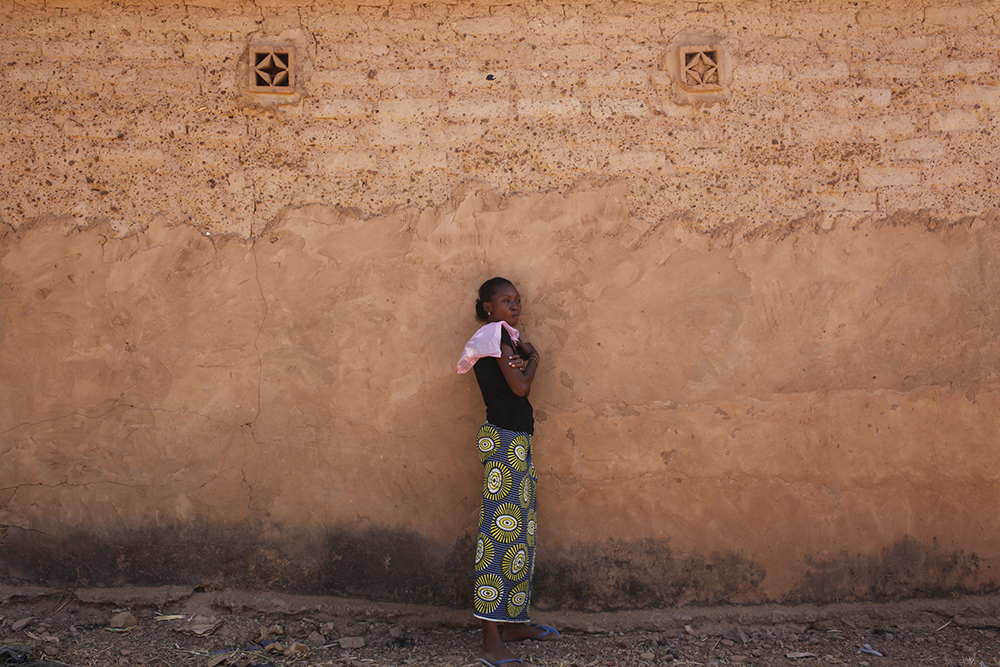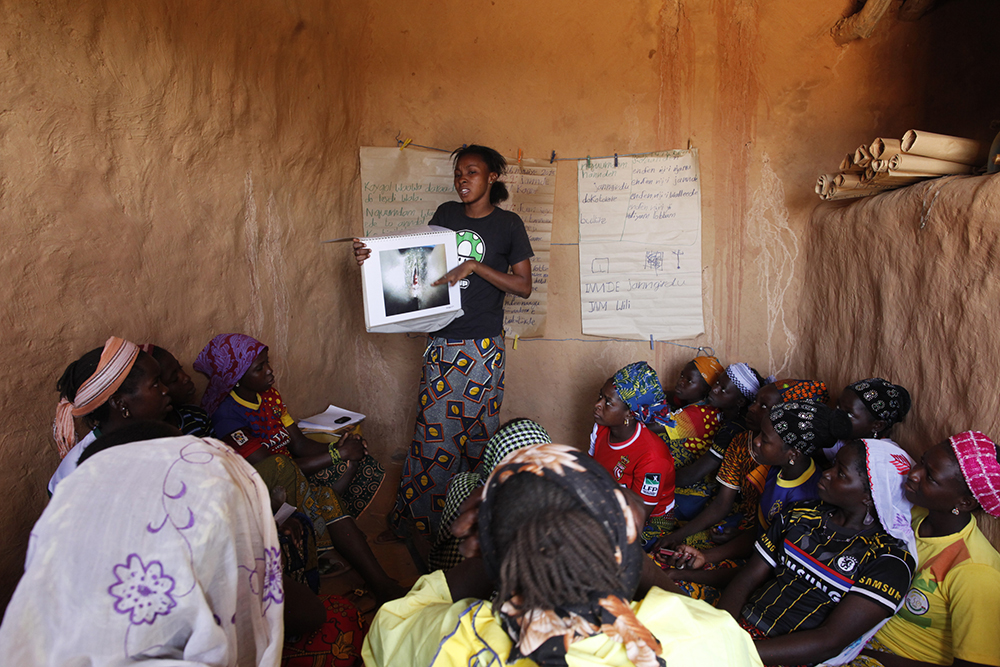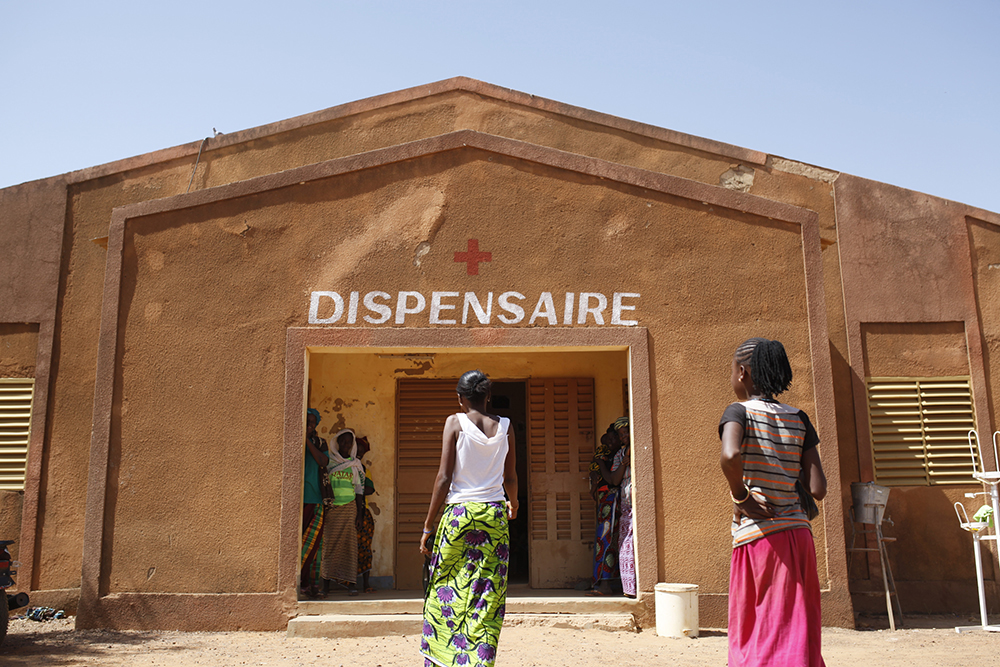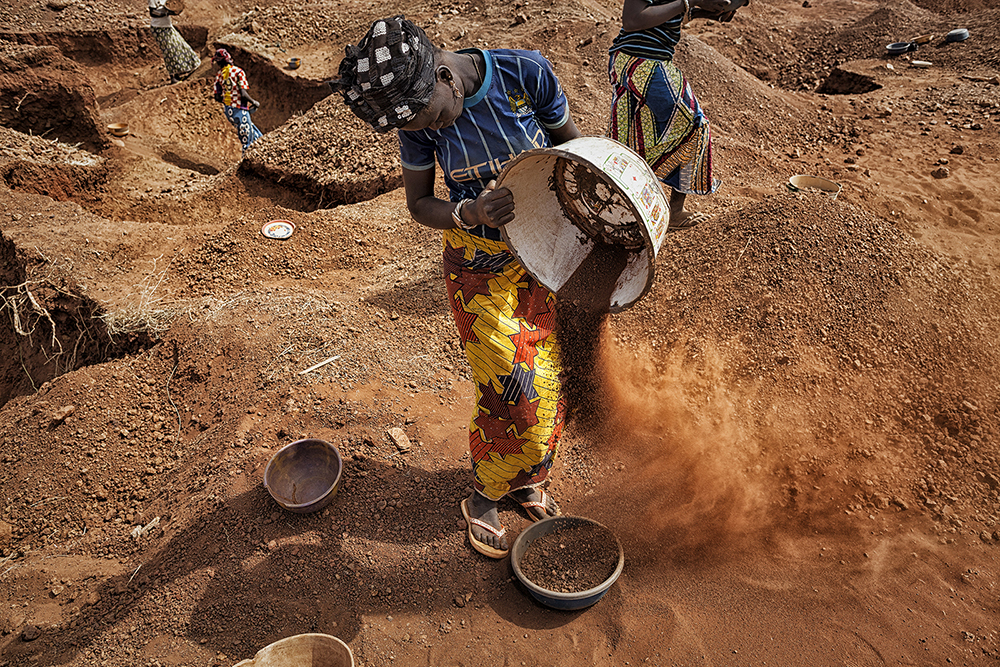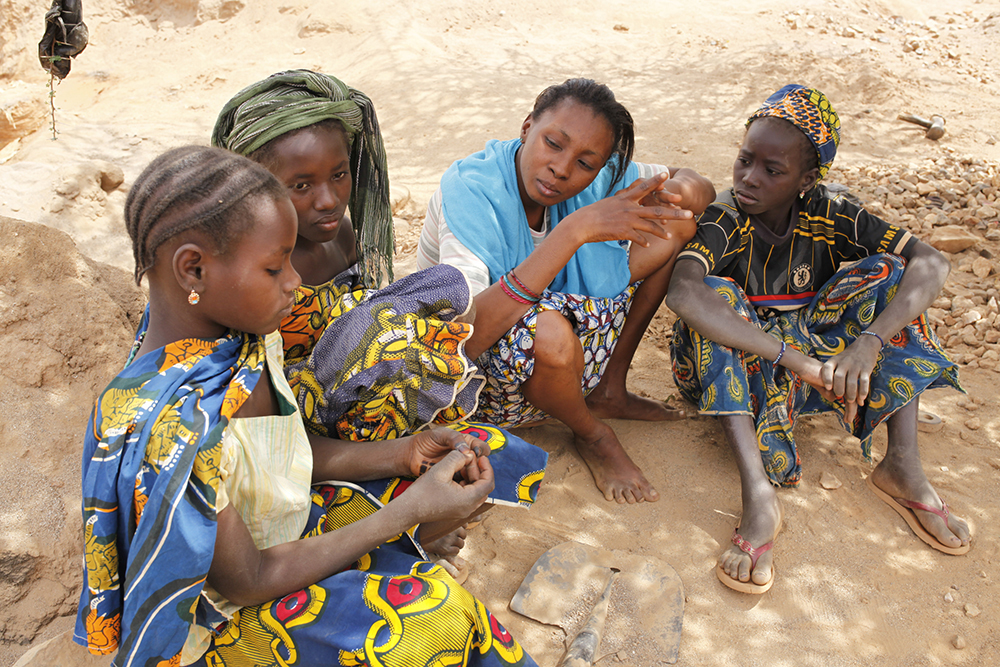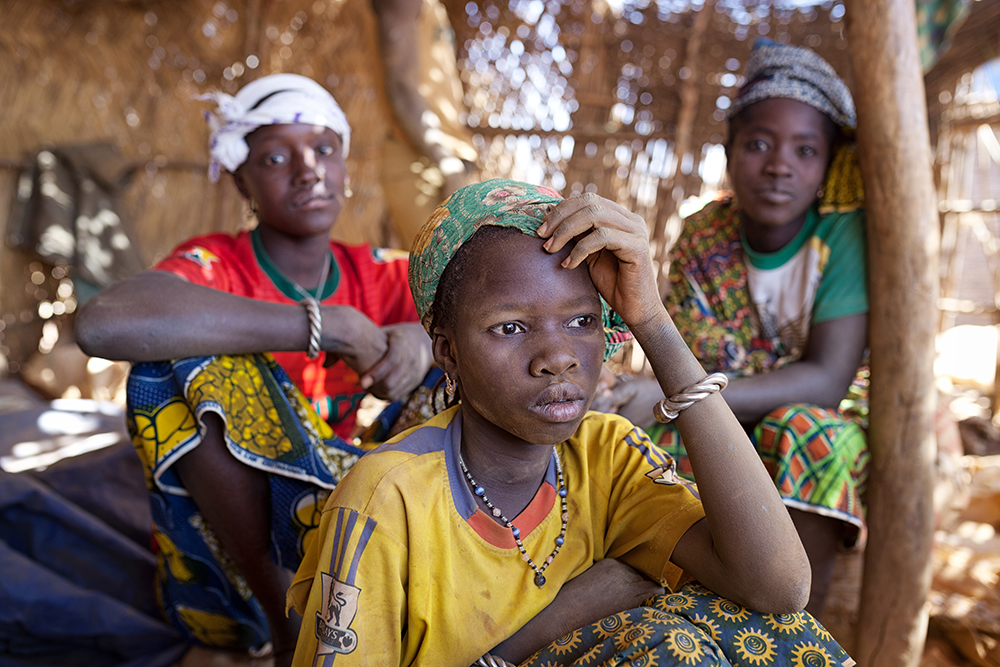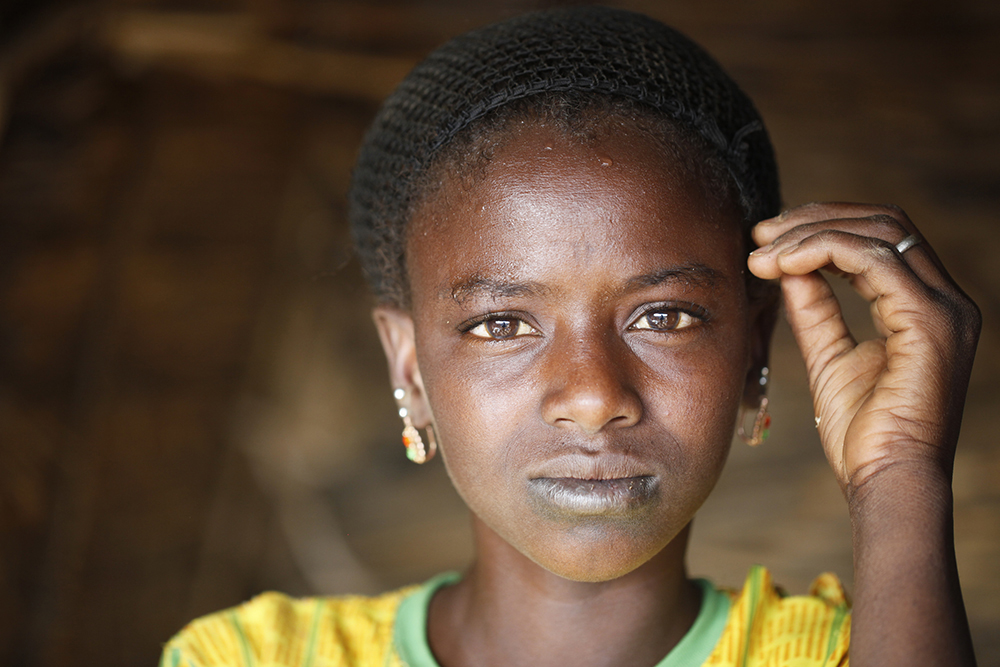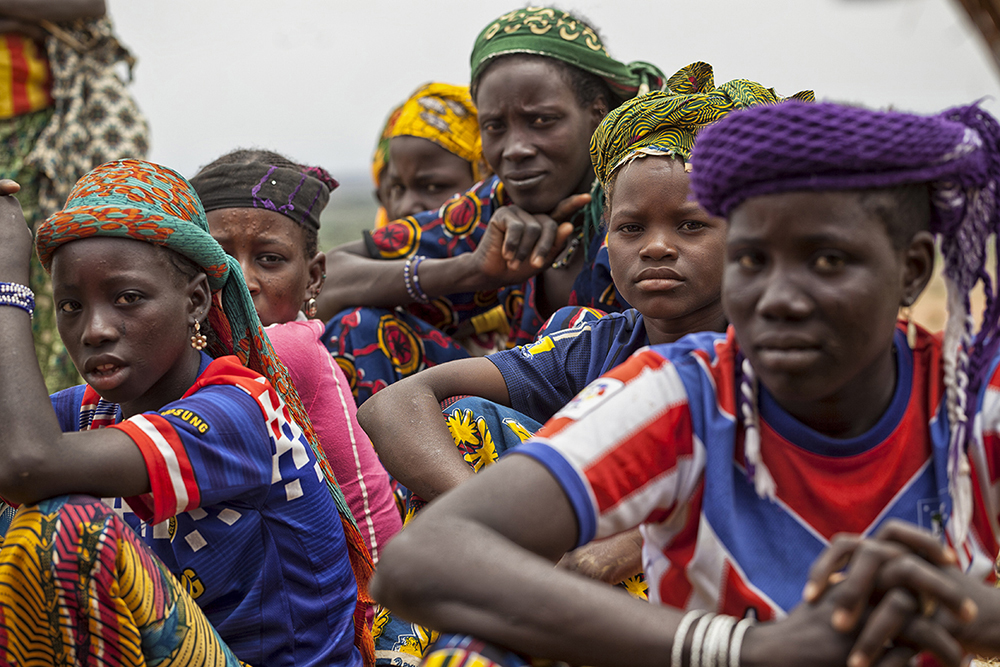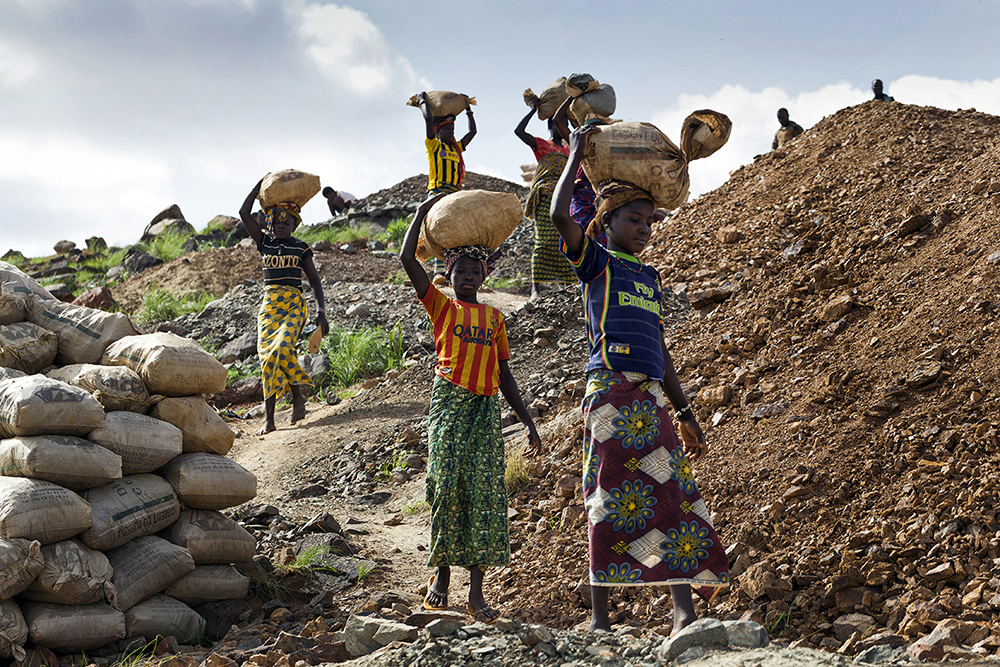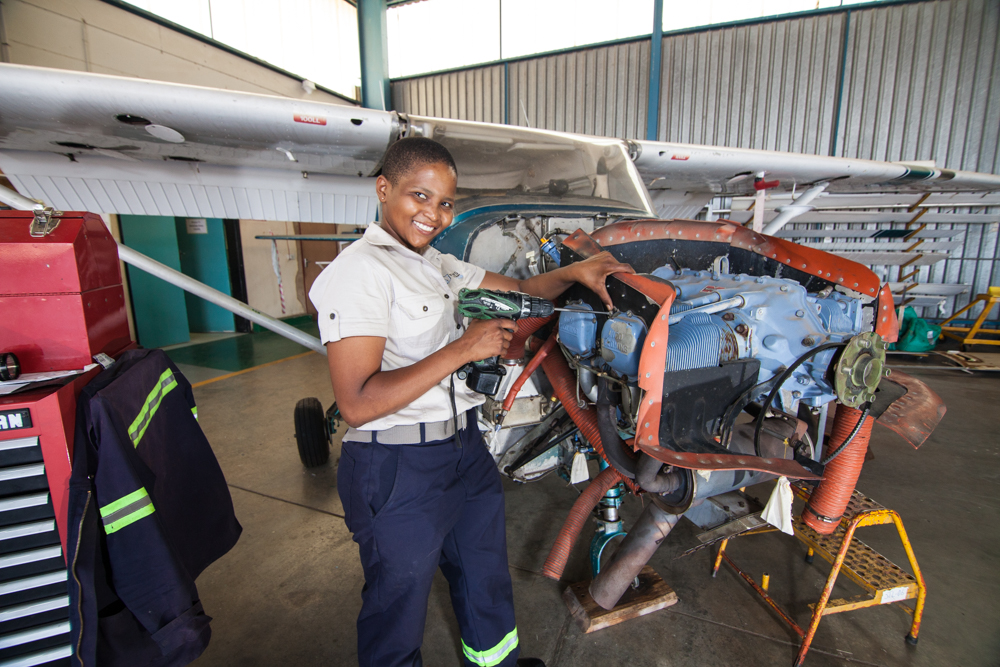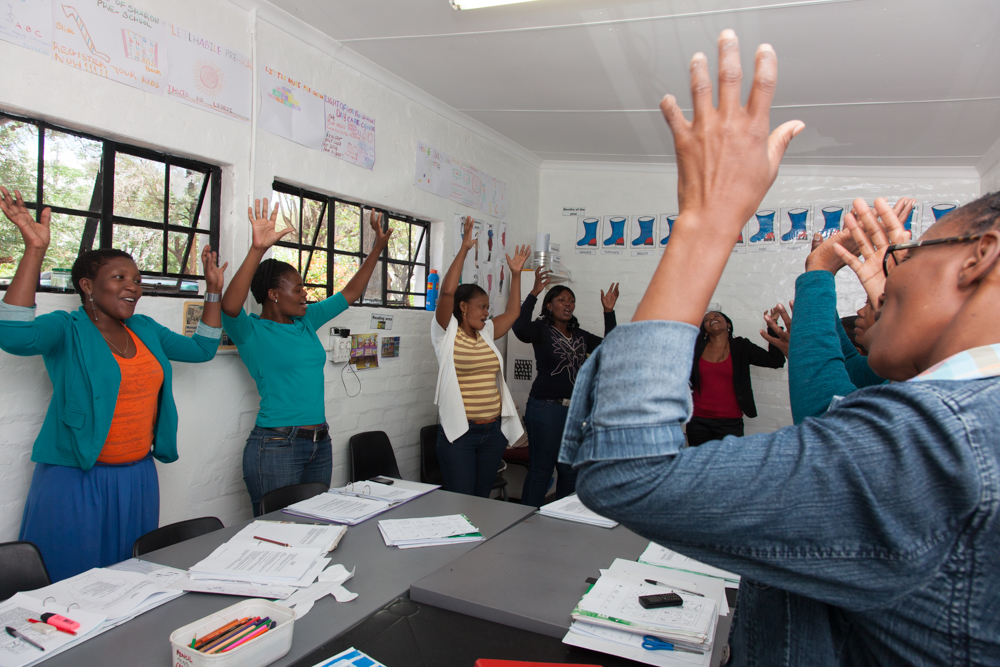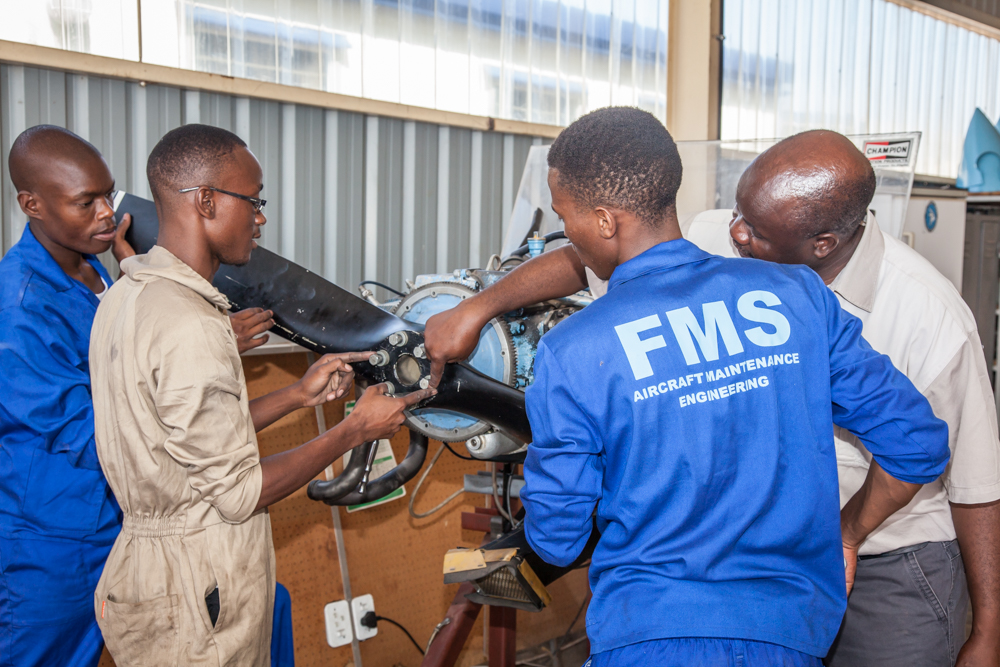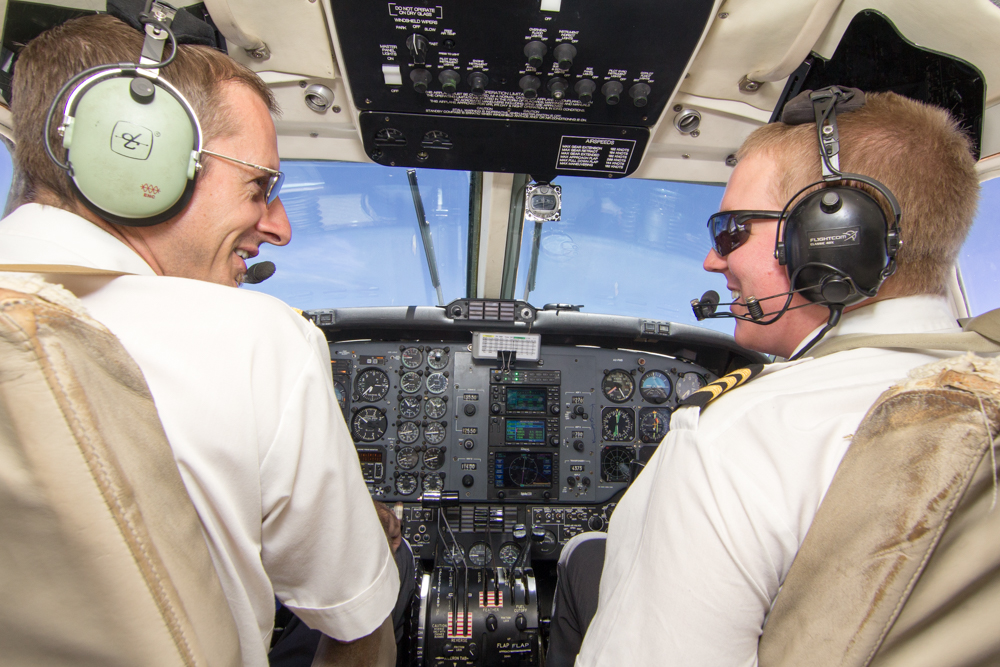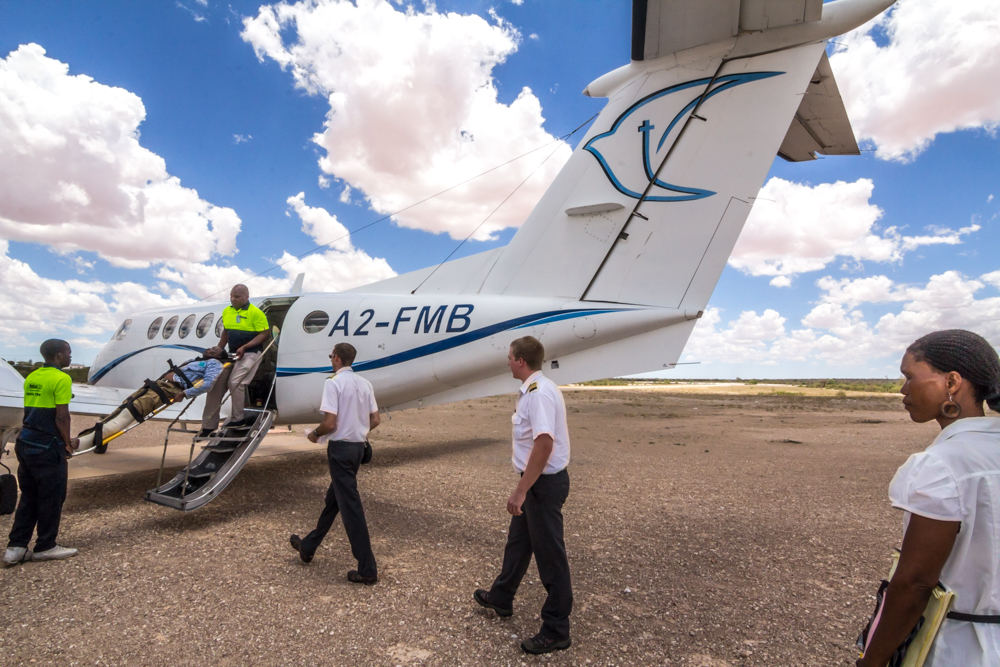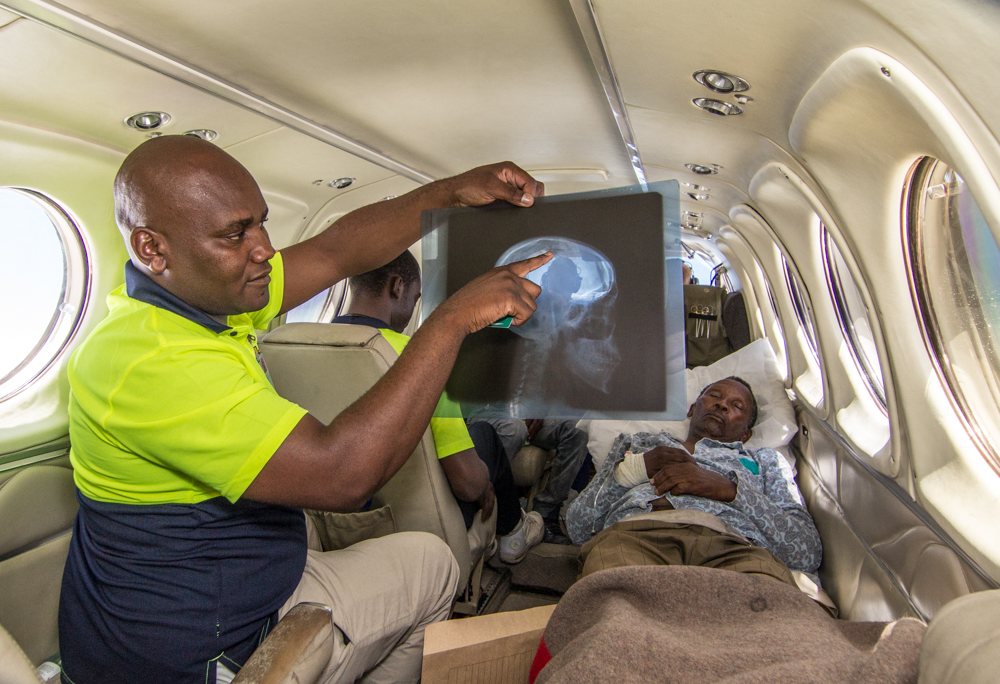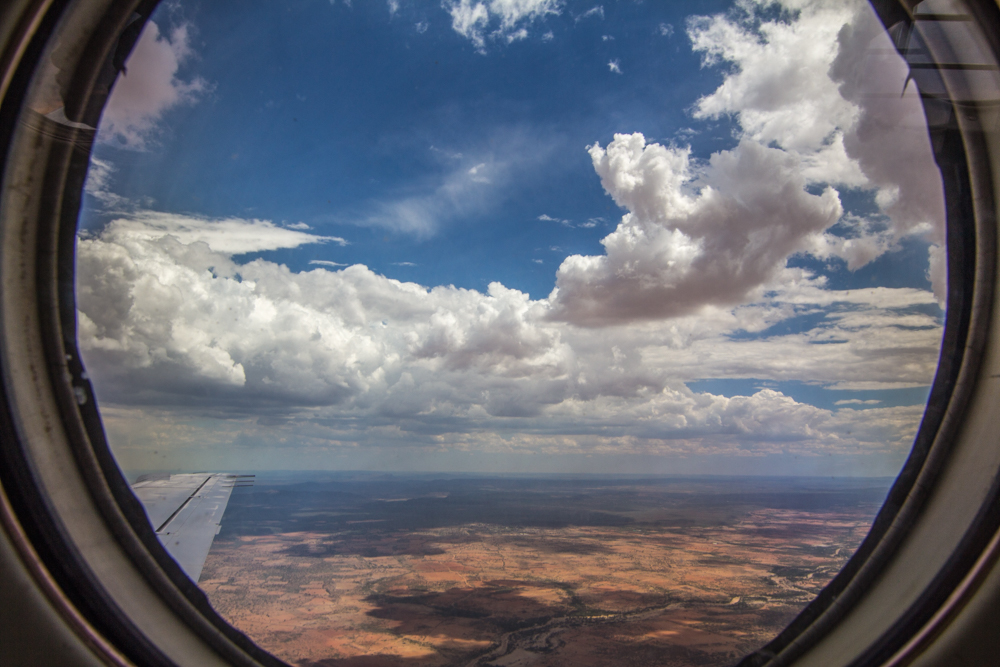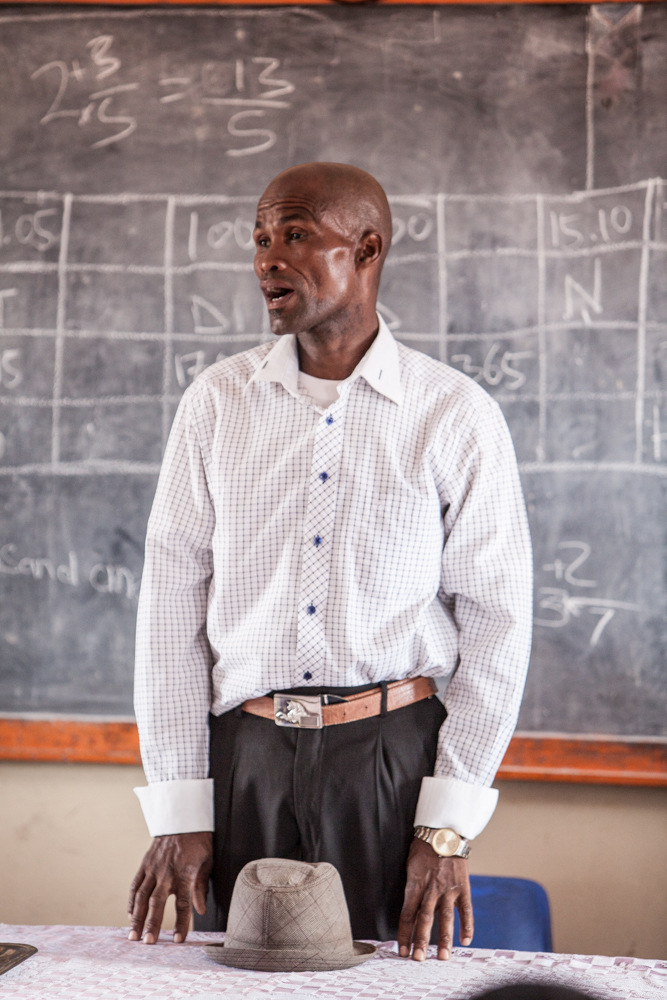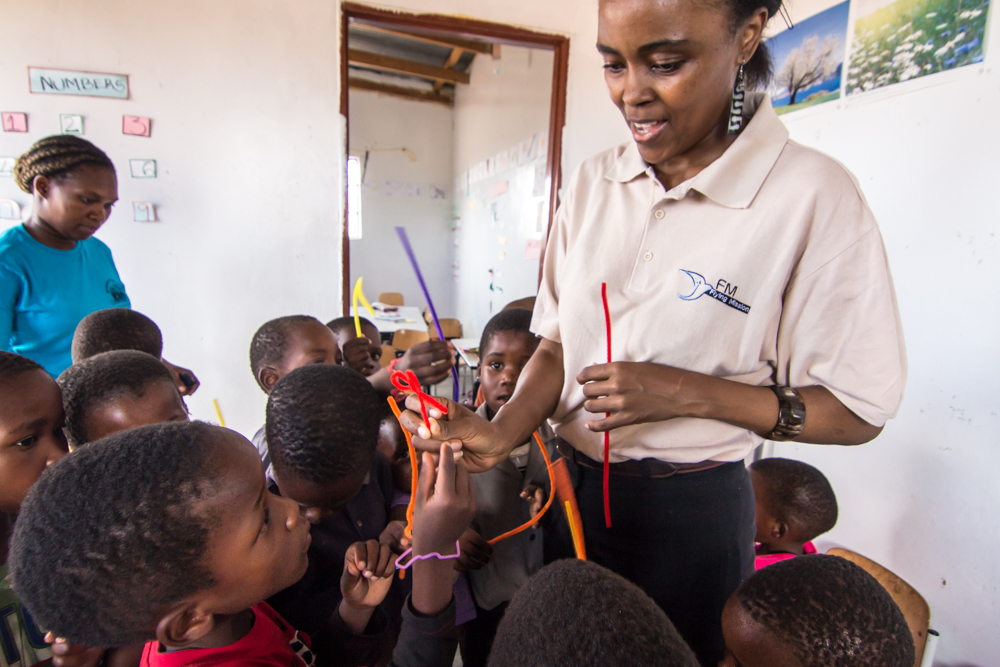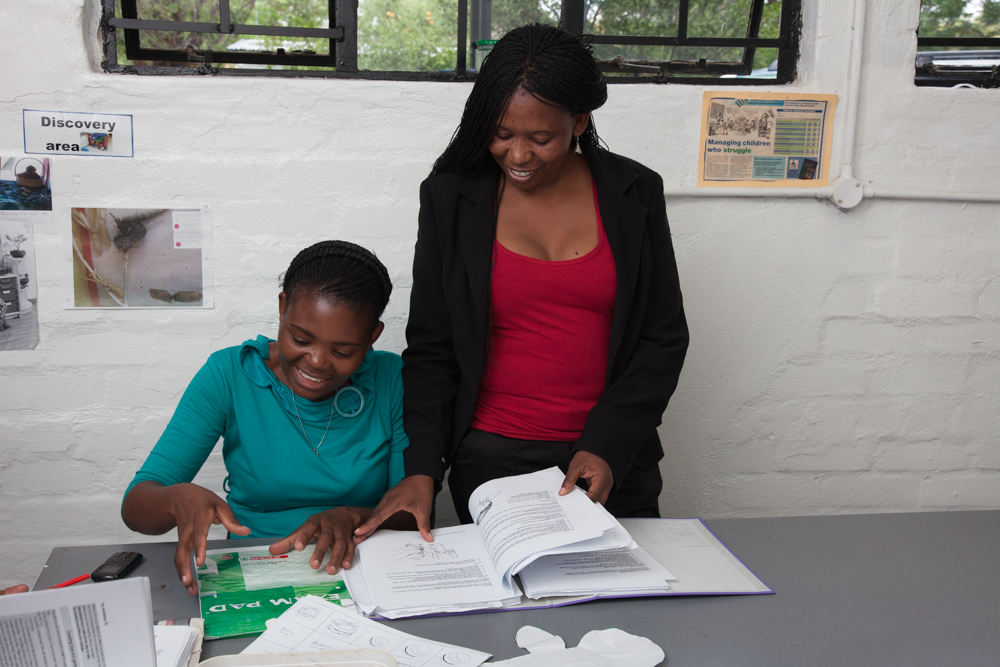Deir el-Bersha, Egypt
/Photographer: Claudia Wiens
Year of Submission: 2016 (Educators Edition)








Mariam teaches a literacy class for women at Deir el-Bersha, a tiny, mainly Coptic Christian village in rural Upper Egypt. Her students are all recipients of micro-loans – sums of money just big enough to let them launch a small business. In Deir el-Bersha, people have traditionally lived from farming or fishing in the Nile. But with the micro-loans, these women are finding other ways of supporting themselves. One used her money to buy a water buffalo to rent to farmers for field work. Another bought the material and needles needed to make fishing nets. Another started a business producing sieves used in cheese-making. As well as improving their standard of living, the income from their enterprises also brings with it greater independence. More and more of these women are choosing to send their children, especially their girls, to school, using some of their earnings to pay for text books and other learning materials.

